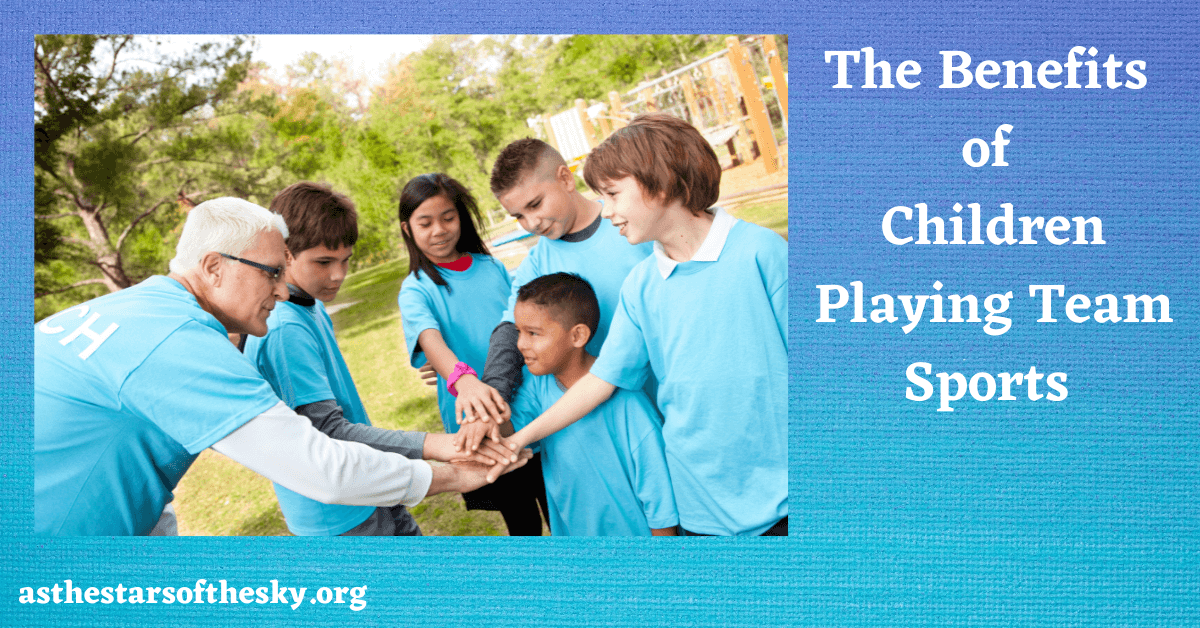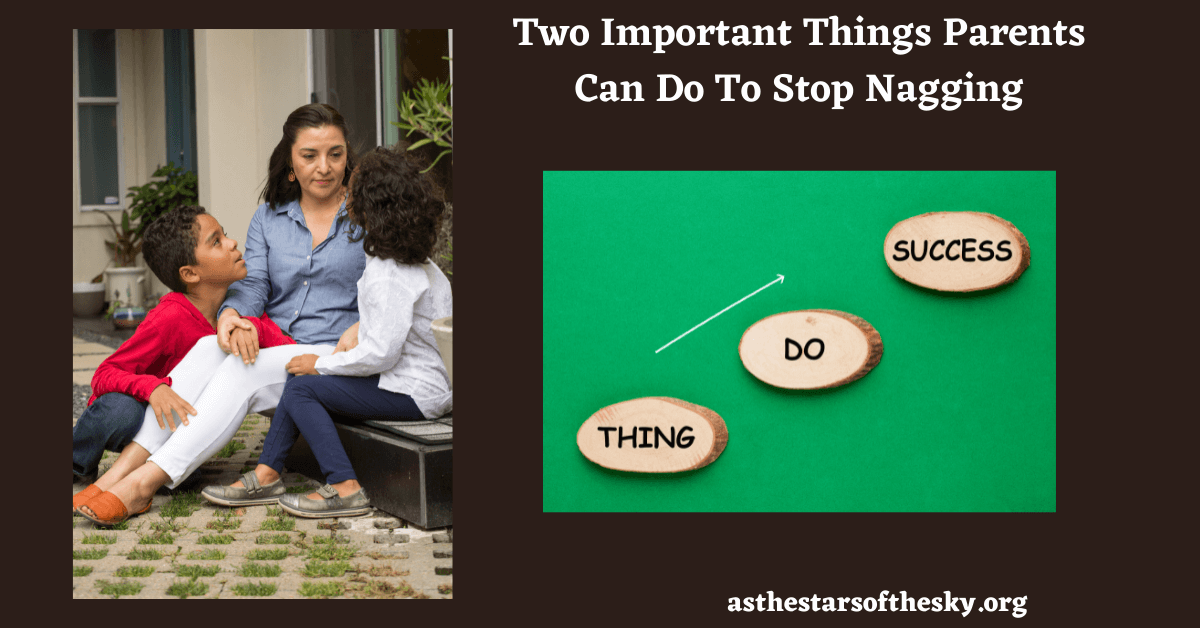I enjoy the stories and quotes shared by The Foundation for a Better Life as they are very encouraging and inspiring. The story about football player Kaelin Clay is one of the stories recently shared by the Foundation and I want to share it with you. It is a story that Clay actually loves to share with children to help them to overcome failures and discouragements as he candidly talks about fumbling a play, allowing the opposing team to score and win the game.
Clay played football for the University of Utah. In a game against Oregon, Clay caught the ball and ran almost all the way to the goal line. He started to celebrate before he actually crossed the line and dropped the ball close to the goal line. A player for Oregon caught the ball and ran all the way to score a touchdown.
It is important to learn about what Clay did after that. He did not blame anyone or anything for what happened – he readily admitted it was his fault. His team lost the game, and he candidly acknowledges that it was because of what he did.
He learned an important life lesson: do did not give up! He said: “Life is crazy. Things change. That moment right there helped me realize that no matter what happens, just keep pushing, because something good will happen in the end.” When Clay speaks to children, he tells them “Things are going to happen; you just have to keep pushing. It’s going to be all right, and it happens for a reason.” Despite this failure, he went on to become an All-American and play professional football.
To read the entire post, please visit https://www.passiton.com/passiton-blog/102-overcoming-our-own-worst-mistakes




















